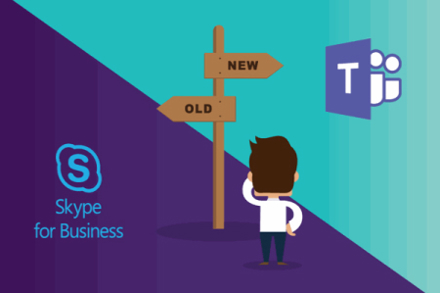We share the latest thinking
There’s a lot of knowledge and experience within our team. Hundreds of years, in fact, if you start adding it up. But it’s no good just sitting there in our heads, and our mums always taught us to share, so that’s what we’re doing. As well as finding out the latest thinking on IT, networks, cyber security and automation here, you can also stay up to speed on what’s happening within the group.

Dynamic Networks Group Continues Its Expansion
Dynamic Networks Group continues its expansion with the acquisition of Peak Support Services Ltd, a Derbyshire based Cloud MSP.

Dynamic Networks completes a Management Buyout and commences its acquisition strategy
David Smith (CEO) and Gareth Leece (COO) have successfully completed an MBO of Dynamic Networks, working with Paul Landsman of Kingland Capital. The MBO provides for a simplification of the Board structure to allow for its continued accelerated growth strategy.

10 reasons to archive your business emails in the cloud
For most organisations, email has become an essential part of daily workflow and communications. However, many businesses are unaware of the importance of archiving their emails and having an email retention strategy.

Planning a successful migration to the cloud
Moving to the cloud comes with multiple benefits. For most businesses, it usually means reducing running costs, faster modernisation capabilities and increased security.

2021 IT trends your business should be thinking about
Here are our top IT trends and predictions your business should be thinking about now to prepare for 2021.

The end of Skype for Business is closer than you think...
Microsoft have recently announced that Skype for Business Online will be retiring on July 31, 2021.

It's our 5th birthday!
This month we are celebrating our fifth birthday as Dynamic Networks Group, and we couldn’t be prouder.

SIP vs PSTN – The key differences you need to know
For any business, efficient and cost-effective communication is crucial. As digital technology advances, more options have become available when considering methods of telephony.

Your guide to Teams Direct Routing
As the business landscape continues to evolve, businesses are seeing the value of collaboration tools at the centre of their communications, driven by a demand for remote and mobile working solutions.

In the spotlight - Steve Summerton
This month we’re finding out more about Steve Summerton, our Operations Manager for our Networks & Infrastructure division.

Five Benefits of Outsourcing your IT
Every company takes a different approach to the management of it's IT, with IT outsourcing a popular approach. Companies of all sizes can enjoy the benefits of IT outsourcing. Here we have outlines 5 of the key benefits to this approach.

6 Ways To Safeguard Your Company Passwords
In the current uncertain times we are all living and working in, a door has been opened for cyber hackers to become increasingly bolder with their attacks.

Knowledge on tap
If you’re looking for information on a particular topic and can’t find what you’re looking for here, give us a call. We’ll be very happy to help.

